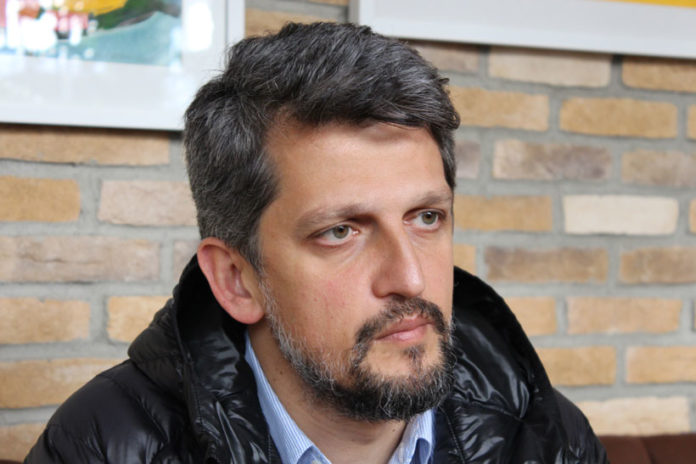By Garo Paylan
A procession of cars filled with men waving the flag of Azerbaijan, honking and whistling drove through the Kumkapi area in Istanbul, which is home to the Armenian Patriarchate of Istanbul and many Armenian families. The car rally, on Sept. 28, was a provocation, a threat that filled my community, the tiny Armenian community — 60,000 out of 83 million — in Turkey with fear.
After a decades-long fitful truce, the conflict over the status of Nagorno-Karabakh — a breakaway Armenian enclave in Azerbaijan — between Azerbaijan and Armenia resumed last month, leading to a large military deployment, destruction of civilian centers and thousands of casualties.
In this war, Turkey strongly supports Azerbaijan, with which it shares ethnic bonds, and President Recep Tayyip Erdogan dismissed global calls for a cease-fire. He has supported Azerbaijan with defense technology, drones and propaganda machinery.
This strategy is in line with Mr. Erdogan’s government’s decision to increase our country’s military footprint abroad — Syria, Libya and the eastern Mediterranean — to enhance Turkey’s position as a regional power.
But there is also a direct correlation between the Turkish government’s desire to delve into conflicts abroad and the closing down of the democratic space at home.








